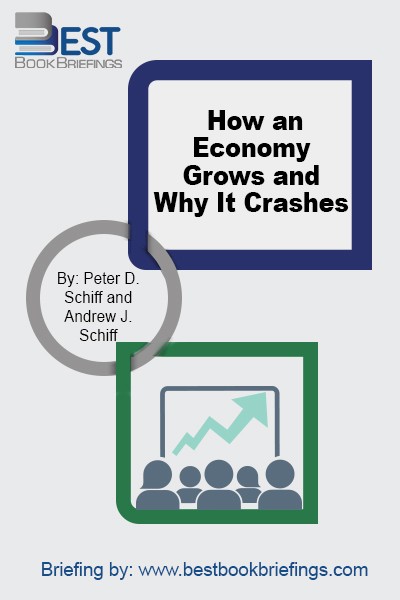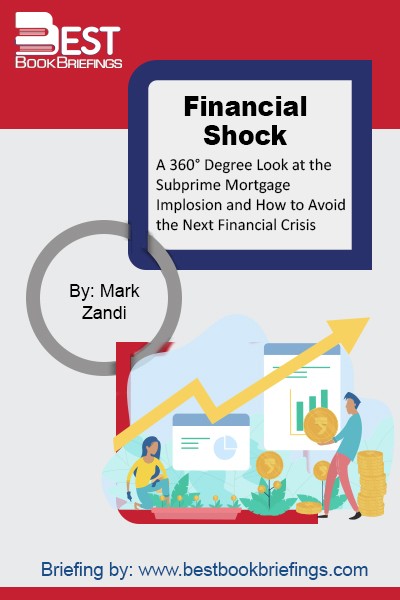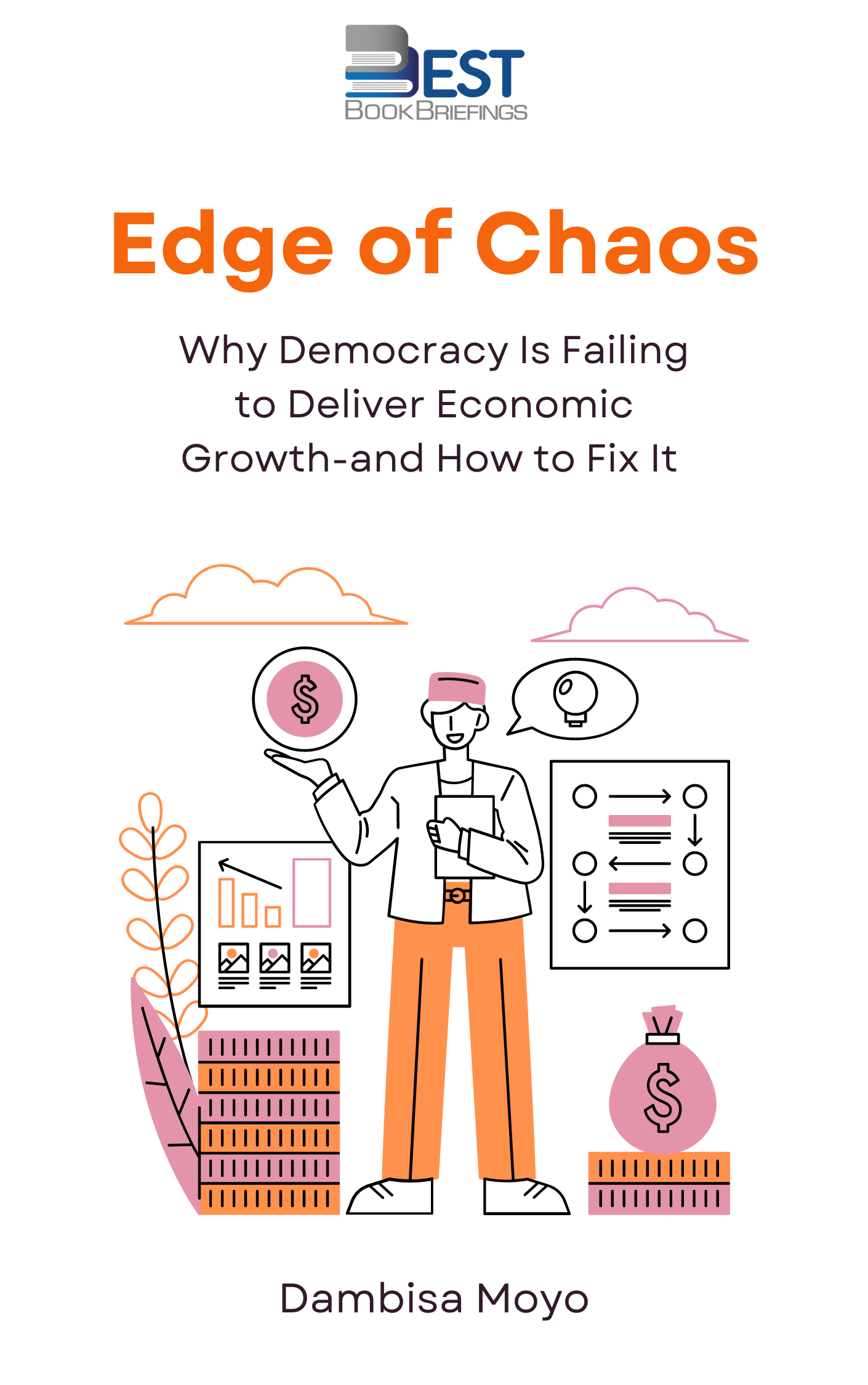Edge of Chaos
Why Democracy Is Failing to Deliver Economic Growth-and How to Fix It
Number of pages: 320
Publisher: Basic Books
BBB Library: Economics and Investment, Politics and Public Affairs
ISBN: 978-0465097463
Editorial Review
In Edge of Chaos, Dambisa Moyo shows why economic growth is essential to global stability, and why liberal democracies are failing to produce it today. Rather than turning away from democracy, she argues, we must fundamentally reform it. Edge of Chaos presents a radical blueprint for change in order to galvanize growth and ensure the survival of democracy in the twenty-first century.
Book Reviews
Books on Related Topics

In 2007, when the world was staring into the teeth of the biggest economic catastrophe in three generations, very few economists had any idea there was any trouble lurking on the horizon. Three years into the mess, economists now offer remedies that strike most people as frankly ridiculous. We are told

The world’s leading economies are facing not just one but many crises. The financial meltdown may not be over, climate change threatens major global disruption, economic inequality has reached extremes not seen for a century, and government and business are widely distrusted. At the same time, many people regret the consumerism

Watching a financial crisis feels much like watching a natural crisis; as long as you are watching from distance. Although one is made by man and the other isn’t, there is something deeply mysterious about each; it isn’t quite clear how or why, or why now. Of course, each can create



